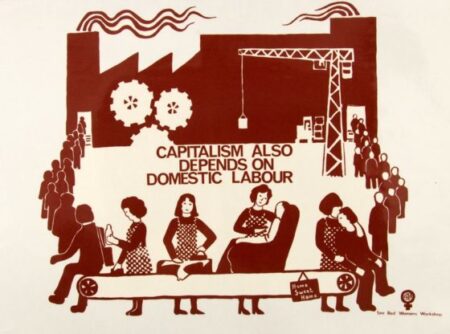
On Justice Ginsburg and the Political Economy of the Family
The argument that gender stereotypes structured law, and therefore shaped social identities and practices, is relatively familiar to historians and legal scholars. Less widely discussed is how gender ideologies influenced the development in the United States of what sociologist Gøsta Esping-Andersen termed a liberal welfare state. How did Ruth Bader Ginsburg’s vision of feminism fit in with other movements at the time?




